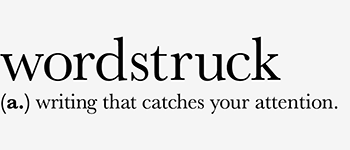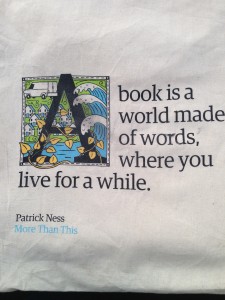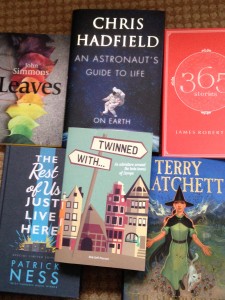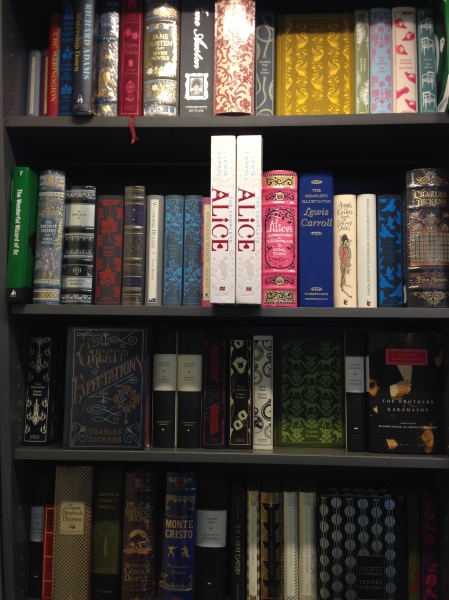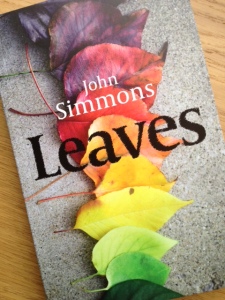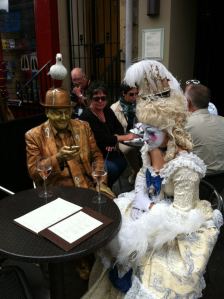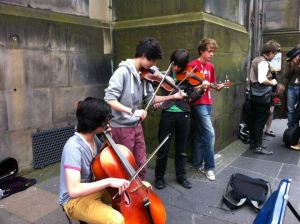
Trying to sound like Jane Austen
It is a truth universally acknowledged that, when thinking and writing about novelist Jane Austen, this writer will inevitably adopt aspects of her tone of voice and writing style. What may not be quite so well known is that copying another writer’s words is an excellent way of adopting their tone of voice, that may, in turn, assist you in finding your own voice for your business brand.
In copying those famous opening words from Pride and Prejudice, I was actually demonstrating a top tip that has helped me and other copywriters adopt a new tone of voice for different business clients.
Find a piece of writing that’s a good example of the brand voice you want to adopt.
Copy it out word for word.
It will help you to write in a similar style.
It sounds rather simple doesn’t it? But honestly, it works. And it’s not just me that thinks so. I’ve seen this tip crop up in a number of copywriting resources, most recently in this podcast of 50 copywriting tips from Radix communications.
Why does it work?
I’d love someone to do some proper scientific research on this, but I like to imagine my brain firing off signals as I write. As I copy a different style, it fires off those neurons in different patterns or intensities and in different directions, helping me to make new connections and discover ‘oh, I do it like this.’
As children we learn to talk through mimicry. Imitating the sounds we hear, we eventually learn to speak. So, it makes sense (to me anyway) that we can and do learn to write in a similar way. We start out copying letters, then words and sentences, and eventually develop the skills to make them say what we want them to.
Copying the words of another writer mimics how we first learned to write and understand language, through imitation. I like to think that it puts my brain into ‘learning’ mode.
How this helps you find a brand voice for a business
If you’re looking to express who you are and what you do in a new and distinctive way, then finding a style of writing that you think sounds right for you and copying it is a good place to start. It could be the style of a publication that you admire, a book, an advert, a letter from another company – but I encourage you to search out things you like to help you get started.
There is a leap from copying and imitating to making a voice your own. It involves more in-depth analysis of what the writing does, how it does it and why. But once you’ve found it, you should be able to work out the rules. If you’ve got the right voice, they’ll feel natural.
It’s also important to test your new style. Do your customers like it? Does it do what it needs to communicate what your business does? Does it truly reflect your values and ethos? Are you confident you can apply it to all aspects of your verbal brand, from website to tweets, corporate report to customer email?
Why I’m thinking of Jane Austen
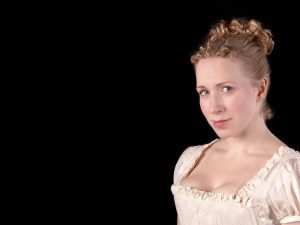
Rebecca Vaughan stars as 13 heroines from Jane Austen’s novels.
Jane Austen wrote mainly novels and letters, but with her precise turn of phrase, I like to think she’d have been a natural on Twitter.
She’s on my mind at the moment as this month marks 200 years since she died. To have created characters that are so familiar and stories that are still read, enjoyed and endlessly adapted so long after you have gone is a wonderful legacy for a writer.
On Sunday evening, I’m looking forward to seeing some of Jane Austen’s characters brought to life on stage at The Customs House as part of the Write Festival 2017 in South Tyneside. The critically-acclaimed Austen’s Women sees writer and performer Rebecca Vaughan become Emma Woodhouse, Mrs Norris, Miss Bates and other characters from Austen’s novels.
I shall no doubt smile as I recognise their words, and if, on Monday morning, I’m sounding a bit Lizzie Bennet, I do hope that you’ll forgive me.
For fun, try this quiz:
Which Jane Austen heroine are you?
For more tips to help you improve your writing, sign up to my mailing list.
